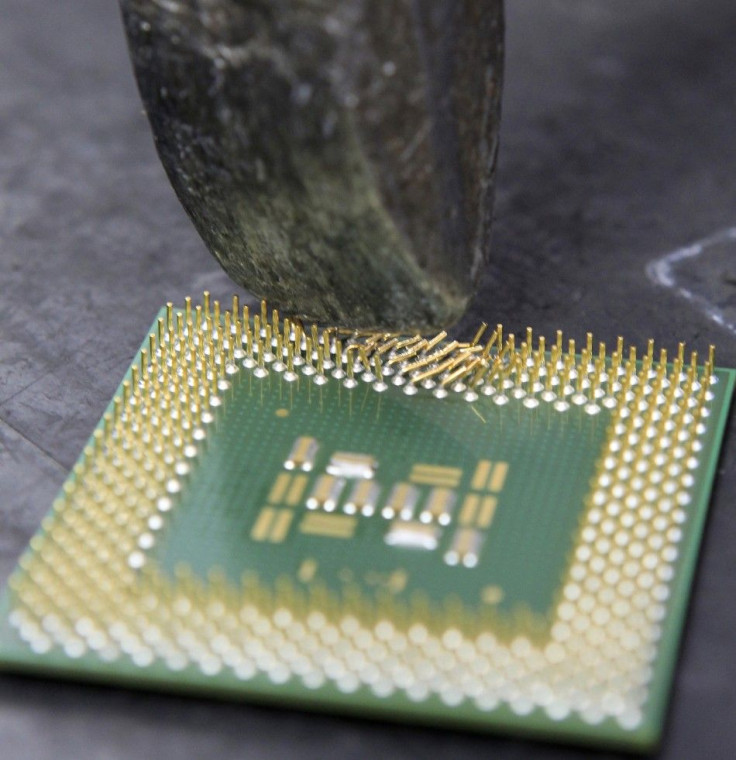Microchips Track Purchases, Location Of 100 Cyborg Employees At Swedish Startup

Microchip implants are replacing standard key cards at one Swedish startup, according to a story from the LA Times. The hub business Epicenter employs more than 2,000 individuals, and about 150 of them have elected to become cyborgs for a small taste of the future.
The tiny chip is inserted between the thumb and index finger. In practice, it monitors the same sorts of details as any electronic company ID. With the wave of a hand it’s possible to open doors, clock in and even order food from the food court.
Read: Samsung Galaxy Note 8 May Not Release Until Q4
While those prospects may sound somewhat advanced compared to what most people are used to, the technology behind the chip is actually fairly crude. It operates on near-field communication, or NFC. It’s the same protocol used to transfer files between Android phones or to purchase products with Apple Pay. Even Nintendo routinely leverages NFC in its line of Amiibo figurines. When placed inside a human being, it’s uses change significantly.
To management and employees at Epicenter, these microchips are becoming increasingly normal. Company co-founder Patrick Mesterton compared the biotechnical union to that of a pacemaker. In fact, he suggested his method is less invasive. Pacemakers are “a way, way more serious thing than having a small chip that can actually communicate with devices,” he said.
For chief experience officer Fredric Kaijser, it’s all about having an open mind. “for me it's just a matter of I like to try new things and just see it as more of an enabler and what that would bring into the future,” he mused.
Of course, such a groundbreaking concept is not without its concerns. Microbiologist Ben Libberton notes that, if hackers were to gain access to such a chip, they could feasibly leverage employee payment methods, gain access to secure buildings or track someone’s location. To date, Epicenter hasn’t dealt with any threats of that kind.
Regardless of how one feels about these microchips, it’s hard not to conjure up images of near-future sci-fi scenarios like the ones seen on TV shows like Netflix’s Black Mirror. In episode 3 of the popular series, humans are implanted with a small chip called a grain that records one’s entire life. While initially intriguing, the advancement doesn’t always offer the best results.
Which side of this story are you on? Would you be willing to insert a microchip for your employer? Will we be seeing more of this in the future? Tell us in the comments section!
© Copyright IBTimes 2025. All rights reserved.



















